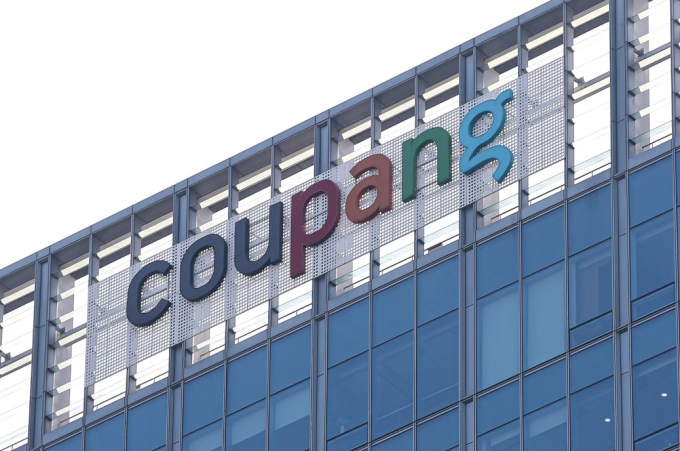Dual-class share structures
S.Korean govt pushes dual-class share structure amid Coupang US listing
By Feb 19, 2021 (Gmt+09:00)
2
Min read
Most Read
LG Chem to sell water filter business to Glenwood PE for $692 million


KT&G eyes overseas M&A after rejecting activist fund's offer


Kyobo Life poised to buy Japan’s SBI Group-owned savings bank


StockX in merger talks with Naver’s online reseller Kream


Meritz backs half of ex-manager’s $210 mn hedge fund



South Korea's ruling Democratic Party is set to pass a bill that will allow a dual-class share structure for unlisted companies next month amid growing debate over domestic e-commerce giant Coupang Inc. opting for a US listing to issue dual-class shares.
“We plan to propose the amendment to the National Assembly’s Trade, Industry, Energy, SMEs and Startups Committee on Feb. 23 with a goal to pass it in March," said Song Gap-seok, the secretary of the ruling party, in a call with The Korea Economic Daily on Feb. 18.
A dual-class share structure allows issuing multiple voting rights for a single share held by the company’s founder or executive. It recently came into the spotlight when it was noted that Kim Bom-suk, the founder of Coupang, will receive 29 votes per share after the US listing.
The amendment to the existing Venture Businesses Act includes allowing up to 10 votes per share for unlisted venture companies. Also, if the founder’s shareholding is below 30% due to large-scale investment, then the company will be allowed to issue dual-class shares for up to 10 years but will be required to convert these to common shares after the three-year grace period.
Most local startups, including grocery delivery service Market Kurly and Viva Republica Inc., the operator of South Korea's popular digital wallet Toss, will qualify to exercise the dual-class share system if the amendment goes through.
There is criticism that the ruling party is a bit late with the revision considering that it has been promoting the adoption of a dual-class structure as a key policy for innovative growth since last year; touting it as a move to appease financial circles in an uproar due to toughened business regulations.
However, there was no progress until recently when Coupang announced its US listing plans, fueling debate over the ruling party's belated approach.
The revision is also criticized for imposing more restrictions than the US version.
In the US, dual-class shares can be freely issued under corporate bylaws instead of government regulations and can be maintained even after the company is listed. Also, there are no limits on the number of voting rights for the shares.
“The restrictions imposed on the dual-class shares is basically another regulation of its own,” said a venture business official.
Write to Mi-hyun Jo and Geong-jin Min at mwise@hankyung.com
Danbee Lee edited this article.
More to Read
-

-
 Short-selling resumptionKorea to lift short-selling ban on large stocks; retail investors resist
Short-selling resumptionKorea to lift short-selling ban on large stocks; retail investors resistFeb 04, 2021 (Gmt+09:00)
2 Min read -
 EV battery IPOsLG Energy Solution to begin IPO process, eyes H2 listing on local bourse
EV battery IPOsLG Energy Solution to begin IPO process, eyes H2 listing on local bourseJan 10, 2021 (Gmt+09:00)
3 Min read -

-

Comment 0
LOG IN


